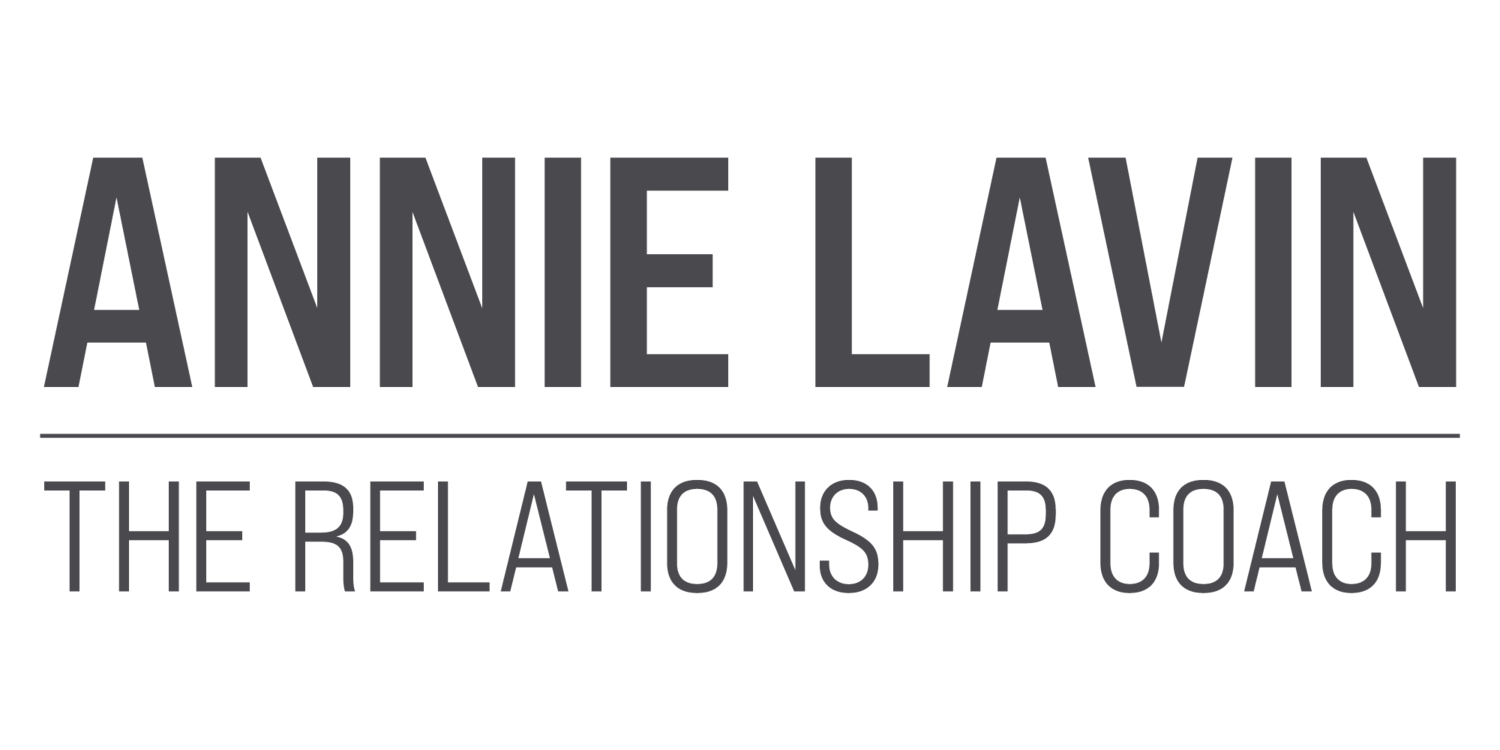I’m fed up, exhausted & lost trying to keep everyone happy; I do it at work, with my friends & family.
Dear Annie,
I feel fed up and exhausted trying to keep everyone happy. I do it at work, with my friends and my family. I do this so much I'm not sure I even know who I am anymore. I'd love to change this behaviour but I don't know where to start. Lately, I've found myself becoming the family counsellor and I don't want this role but I'm in it. Everyone comes to me and I can't seem to say no. Please help me.
Marie.
Wow, that’s quite a lot you’re carrying there. I’m so glad you took the time to write to me because there obviously is a very intelligent part of you that knows what you are trying to do is too much and quite frankly unrealistic. The unrealistic part coincidently is the part that is also exhausted from trying to keep other people happy. It makes sense. We would feel exhausted when we are doing something that is the responsibility of another person. In fact, a good rule of thumb is to not do for others, something they can do for themselves. In the example of taking responsibility for another person’s happiness, this cannot be accomplished by anyone but the person feeling unhappy and to take on this role can leave the other dependent on your for their joy and then resentful when it’s absent. You will forever be exhausted if you try to complete this task for someone else, because this is their work, not yours. Have you ever asked yourself where the roots of the saviour part of you began, or better still, what benefit does the behaviour serve? As humans there is generally a reward for repeated behaviour?
There is a societal impact of being a woman and the gender roles unconsciously assigned to you. Women are expected to be helpful, generous, and supportive. Is the weight of this expectation also playing a role in how you are showing up and relating with others? I know when I was growing up I was praised for being the ‘good girl’, the one who took care of things, the one who didn’t ‘rock the boat’, the one who was quiet and did what she was told. In adulthood I notice when the desire for this same approval is showing up and when I am hiding or making myself small to suit the perceived needs of others. The part of your question that refers to you not knowing who are you any more is where I draw the comparison here. If we are bending and contorting ourselves to fit a mould or a prescribed way of being from childhood, it would make sense we would feel lost. This is what I am hearing.
It’s interesting how your behaviour doesn’t seem as if it is coming from a conscious place. Reading that you have ‘found’ yourself becoming the family counsellor but you don’t want this role. This tells me perhaps you are defaulting to old habits and behaviours. Family members are certainly playing their role in this dance too. They come as victims and you come as their saviour. Another problem with this dynamic is the people who play the role of victim become dependent on you. In turn you lose vital energy to turn towards yourself and lose sight of your own needs, always fire fighting. This is the image I am holding of you as I reply to your question now. What would it be like to stop and turn the focus of attention inwards and ask yourself what you need right now, in this moment? Continuing to ask yourself this question will help you reclaim the connection with yourself and disconnect from others. A strategy you may need to put in place to move away from always pleasing others is distancing yourself from the demands of family, friends and work is space. Instead of always being available, can you tell people ‘Now is not a good time for me’, or ‘I only have 10mins’, or the ultimate space creator, ‘I’ll have to come back to you on that’. In addition to this, can you create a daily ritual prioritising your needs? This ritual could include journaling, yoga, meditation. Is there any practice that serves to bring your back in touch with your body and your unconscious? Try some of these suggestions out and find what works best for you. The next step is to create a boundary with yourself to ensure you meet this need of yours, to return home to yourself. It is essential to reclaim the connection it sounds like you have lost by always being available to the needs of others.
